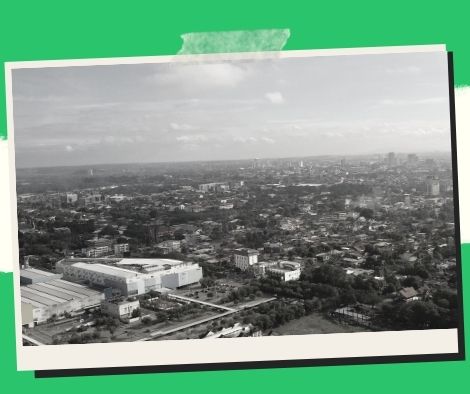
Mindanao agricultural development project for IPs receives World Bank approval for $100 million.
The World Bank has approved a $100 million agriculture development project to improve the living conditions of farmers and fishermen in indigenous cultural groups in the southern Philippines.
The Mindanao Inclusive Agriculture Development Project (MIADP), according to a statement released by the World Bank over the weekend, is anticipated to help about 120,000 farmers and fishermen in particular ancestral domains in Mindanao.
The National Commission on Indigenous Peoples (NCIP) will be one of the project’s implementing partners in addition to the Department of Agriculture (DA).
There will be 26 ancestral domains participating, including one in Muslim Mindanao’s Bangsamoro Autonomous Region (BARMM). The project’s target neighborhoods are some of the most impoverished and vulnerable in the nation.
According to the World Bank, although Mindanao produces 33.4% of the value of all agricultural production in the Philippines, a significant portion of agricultural land in ancestral domains is still uncultivated or used by indigenous peoples for subsistence farming.
“Around 25% of the people living in the Philippines are from Mindanao, but 35% are poor. Sixty-eight percent of people in indigenous cultural communities are poor, which is an even greater rate than the national average. For the country to achieve inclusive growth, initiatives that enhance people’s living conditions while actively incorporating them are essential, according to Ndiame Diop, the World Bank’s country director for Brunei, Malaysia, the Philippines, and Thailand.
The MIADP will assist in addressing the various obstacles to development in ancestral domains, including poor road infrastructure, landslides that result in protracted periods of isolation, and restricted access to technical services, markets, finance, energy, the internet, and telephone services.
The money will be used, in particular, to build small-scale, solar-powered irrigation systems, install agricultural tramlines, and repair or rebuild roads and bridges.
The project will also adopt indigenous knowledge, systems, and practices to ensure sustainability and increase climate resilience. It will also install potable water systems and post-harvest facilities like storage and trading posts. It will also support the growth of agricultural and fishery enterprises in a few chosen ancestral domains.
“Investments in infrastructure would improve access to all-weather roads, which is expected to facilitate women’s access to health care, childbirth facilities and hospitals, social services, and education,” said Mio Takada, a senior agriculturalist with the World Bank.
Takada continued, “Giving support to women’s groups a higher priority and offering related skill training will increase economic opportunities for women, raising household incomes and improving women’s welfare.”
Save/Share this story with QR CODE
Disclaimer
This article is for informational purposes only and does not constitute endorsement of any specific technologies or methodologies and financial advice or endorsement of any specific products or services.
 Need to get in touch?
Need to get in touch?

We appreciate your reading. 
1.) 

Your DONATION will be used to fund and maintain NEXTGENDAY.com
Subscribers in the Philippines can make donations to mobile number 0917 906 3081, thru GCash.
3.) 
4.) 
AFFILIATE PARTNERS

World Class Nutritional Supplements - Buy Highest Quality Products, Purest Most Healthy Ingredients, Direct to your Door! Up to 90% OFF.
Join LiveGood Today - A company created to satisfy the world's most demanding leaders and entrepreneurs, with the best compensation plan today.

 Business, Finance & Technology
Business, Finance & Technology







